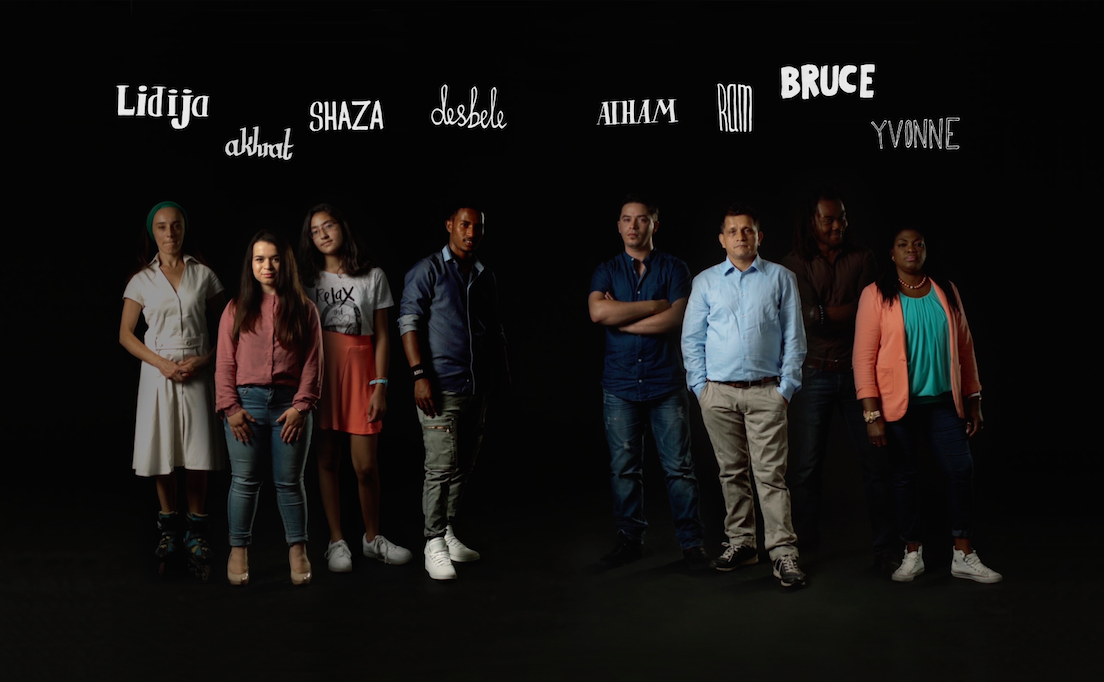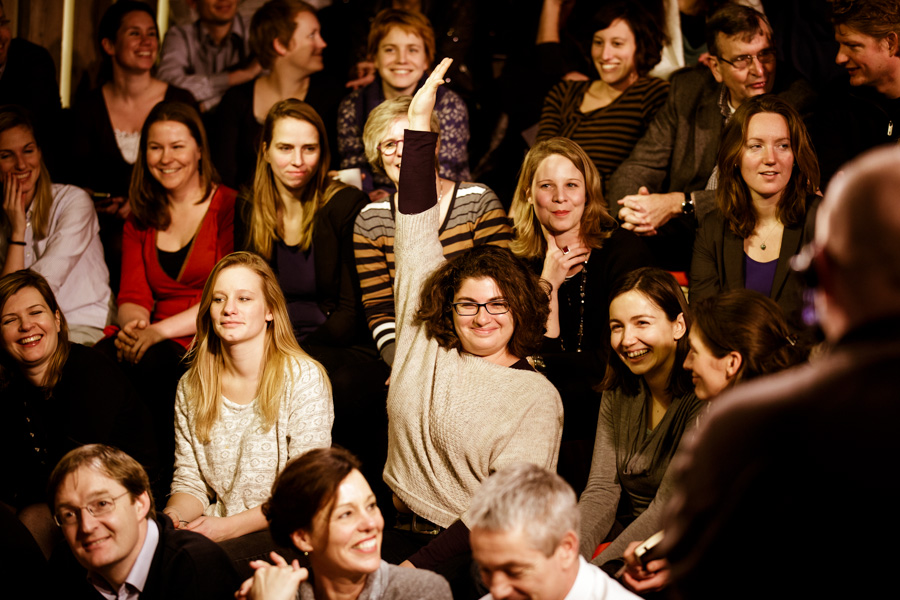The humanitarian sector has long promised to give local aid organisations more power and resources. Yet reforms are not forthcoming. After the Tsunami in Sulawesi, the Indonesian government made a radical decision: All international aid workers had to leave Sulawesi. During this edition of Humanitarian Hot Topics, we talk with humanitarian expert Jemilah Mahmood about the effects of this decision and why real reforms on shifting powers between international and local aid organisations are not being made.
For a long time ‘localization’ has been a hot topic for the humanitarian sector. During the World Humanitarian Summit in 2016, the world’s largest donors and humanitarian organisations promised to place more power – and funding – in the hands of local aid organisations. But real reforms are lagging behind. When a disaster has occurred, international organisations still overshadow national aid organisations. National governments are increasingly resisting this. So also the Indonesian government after the tsunami in September 2018. All international aid workers had to leave Sulawesi and leave the aid to national aid workers.
We talk to Jemilah Mahmood about the effects of the decision of the Indonesians government and the relationship between international and local aid organisations. Jemilah has a lot of experience in the humanitarian sector, both locally and internationally. Like no other, she can explain why it is so complicated to change the relationships between international and local aid organisations.
About the speakers
- Dr. Jemilah Mahmood is well known as the founder of Mercy Malaysia, which she led from 1999-2009. She was the Chief of the World Humanitarian Summit secretariat at the United Nations in New York, and closely involved in drawing up the localisation agenda. In 2006, she was one of 16 members appointed by United Nations Secretary-General Ban Ki-moon to the Advisory Group of the Central Emergency Response Fund. Since 2016, Jemilah is the Under Secretary General for Partnerships at the International Federation of Red Cross and Red Crescent Societies (IFRC).
- Ton Huijzer will give an introduction to the issue. Ton is a consultant in the humanitarian aid sector. Prior to this he worked for the Red Cross, Medecins Sans Frontieres and the International Rescue Committee / Stichting Vluchteling.
- Christine Pirenne will react on Jemilah Mahmood. Cristine is head of the humanitarian aid department at the Ducht Ministry of Foreign Affairs.
- Saskia Harmsen works as a change manager for the Charter for Change (C4C) in Oxfam International. She coordinates and supports internal organizational change processes related to enabling local humanitarian leadership and localization of humanitarian aid.
- Moderator is Roanne van Voorst. Roanne is a postdoctoral researcher, involved in the research project ”When disaster meets conflict. Disaster response of humanitarian aid and local state and non-state institutions in different conflict scenarios”. She has a background in anthropology and development; her main research interests focus on natural hazard, poverty and humanitarian aid.






